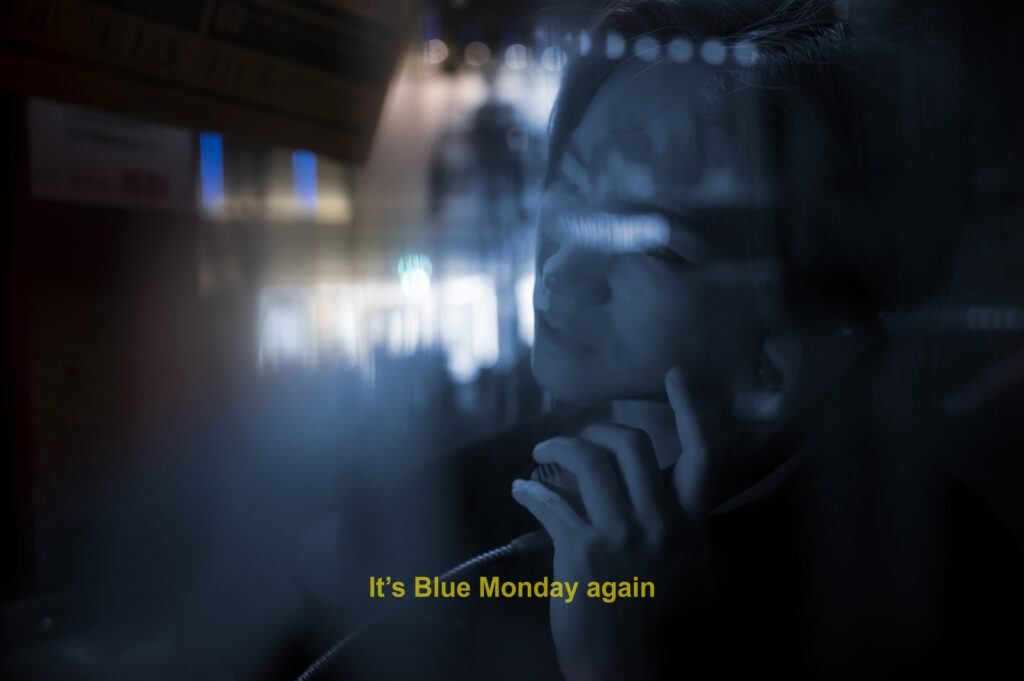At OutSec we often get asked why you should add closed captioning to your video content. In this blog post we look at:
- What is the difference between closed captions and subtitles?
- How closed captioning helps your content’s search engine optimisation (SEO).
- Why closed captioning can help accessibility and increase your audience and much more.
Are Closed Captions and Subtitles the Same Thing?
Closed captioning helps people with hearing problems understand video content and are intended for times when the entire audio component cannot be heard by the viewer. This differs from subtitling, whose purpose is to aid those who have trouble with accents when viewing video content. Or for those who do not understand the audio language.
So, Why is Closed Captioning Important?
There are many reasons why closed captioning should always be considered during post production of your video content. We consider some of the most important ones below:
Helps Hearing Impaired Access Your Content
According to the World Health Organisation more than 1.5 billion worldwide suffer from some form of hearing loss, which roughly equates to 20% of the world’s population. Closed captioning enables your content to be enjoyed by the hearing impaired. Therefore, it enables your content to access those 1.5 billion people worldwide who suffer hearing loss.
Helps Maintaining Concentration for Longer Periods
One great benefit to adding closed captioning is they allow viewers to maintain concentration for longer periods of time. This is extremely useful for viewers with poor concentration. Or for those who have autism or order attention disorders. It is also useful where you wish viewers to maintain concentration when you create longer videos, documentaries or programs.
Helps Maximise Viewing Accessibility
Closed captions enables you to maximise your potential viewing audience from those with attention disorder, autism and those with hearing impairment.
Enables Your Content To Be Viewed in Sound-Sensitive Environments
Closed captioning enables viewers to access content in environments where they are unable to view content with the sound on.
Helps Provide Clarity
Adding closed captioning to your video can add clarity to your video content especially where jargon or technical language is used. For viewers of your content, abbreviations, forenames, surnames or company names may be harder to decipher especially when they are from abroad. Closed captions can help viewers retain information more easily.
Aids Comprehension
Closed captions and subtitles aid the comprehension of dialogue that is spoken very quickly or with an unfamiliar or foreign accent. Onscreen text is an alternative option to rewinding a video or turning up the volume in order to hear sections of speech which are mumbled or spoken over excessive background noise. Just think about how many times you’ve had to rewind that infuriating, mumbling death scene at the end of a movie just to hear what was said. Subtitles and closed captions are a great solution to this.
Precursor to video translation
If your company requires dubbing or subtitles for translation purposes, having closed captions already will make life easier for those translating the closed captions.
Search Engine Optimisation
Finally, closed captioning delivers SEO benefits that can prove critical to getting your content in front of your viewing demographic and general public at large
How Can We Help?
Here at OutSec, we transcribe videos content daily! So why not join the thousands of clients who prefer to use OutSec and let us help you grow your audience. Our Media and Interviews Division will be happy to help.
About OutSec
OutSec is the UK’s leading online transcription company whose business has grown substantially since 2002. We are one of the most successful transcription companies in the United Kingdom.
OutSec provides secure outsourced transcription services to the medical, legal, property and surveying, universities, media and interviews, advisory boards, conferences & seminars, inventories, financial, corporate, HR, recruitment and Executive Search sectors.
Why is Dictation More Efficient than Typing?
Well, the simple fact is that we can all speak considerably faster than we can physically type:
“The average person types between 38 and 40 words per minute”.
A “good rate of speech ranges between 140 -160 words per minute.”
In other words, dictation is up to four times faster than we can type. Therefore, simply dictating a document is more cost-efficient, giving you more time to dedicate your efforts elsewhere in your business.
Therefore why not add OutSec as a business continuity option for your business? Accounts are free, you pay on a per-minute basis (rounded to the nearest minute) on a pay-as-you-go basis, with no contracts or minimum spend. What do you have to lose? Why not open an account today!
Picture Attribution:
Image by starline on Freepik



